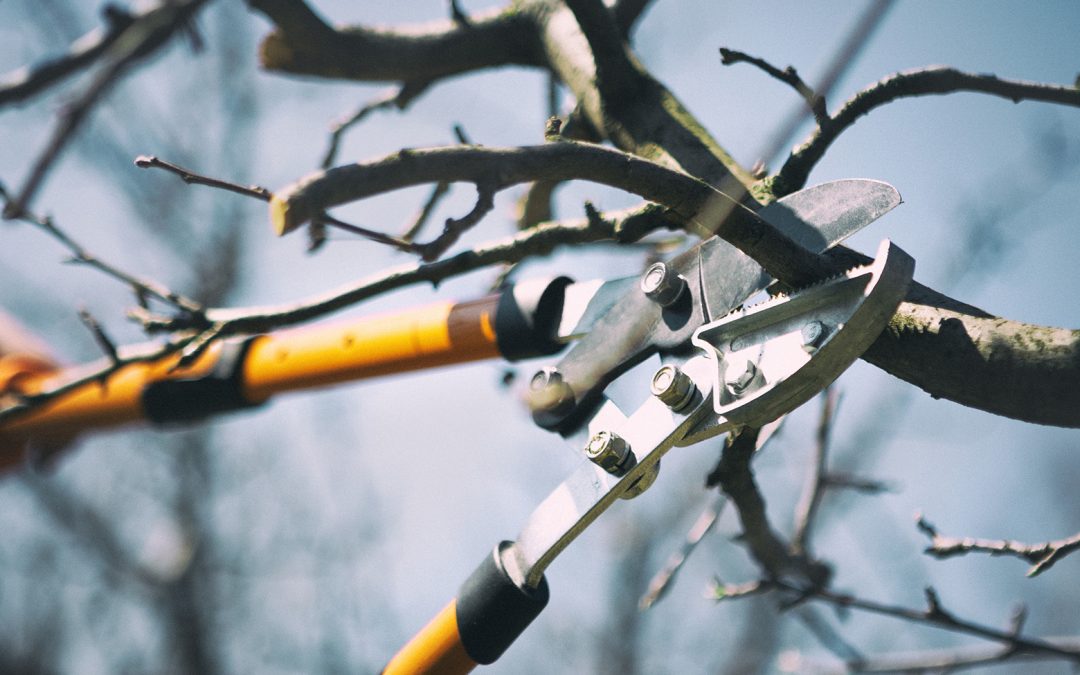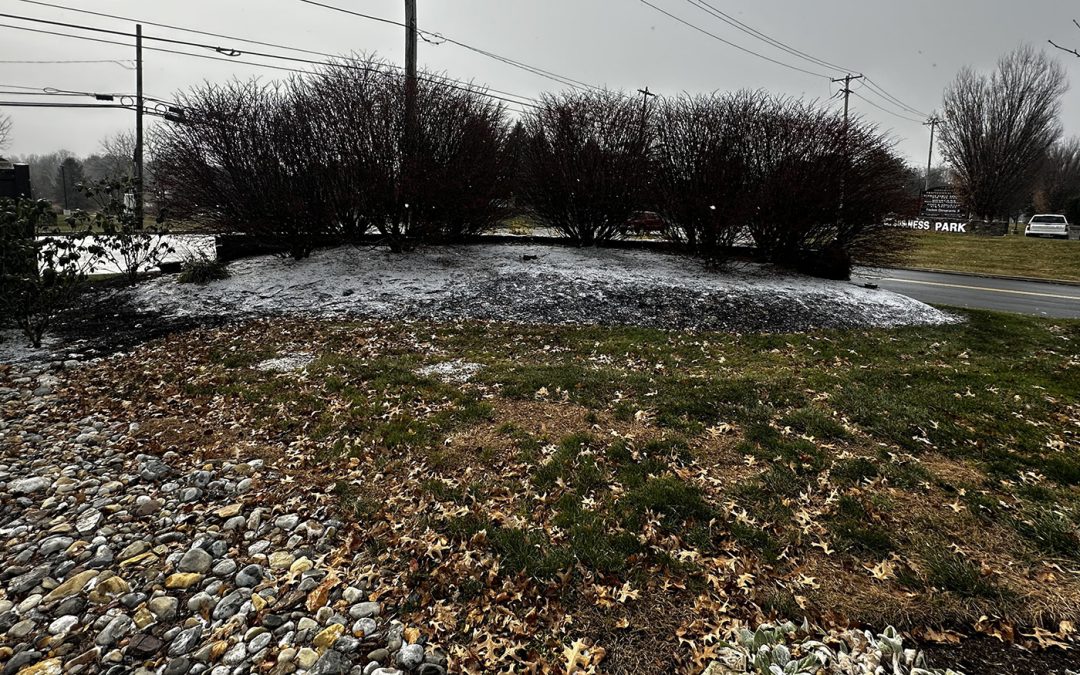Many homeowners in Chester County overlook one of the simplest yet most effective winter protection strategies: mulching. As cold weather sets in across Southeastern PA, mulch becomes your landscape’s unsung hero. It offers insulation, moisture control, and protection for your soil and root systems during the harshest months of the year.
Why Mulch Is Crucial in Winter
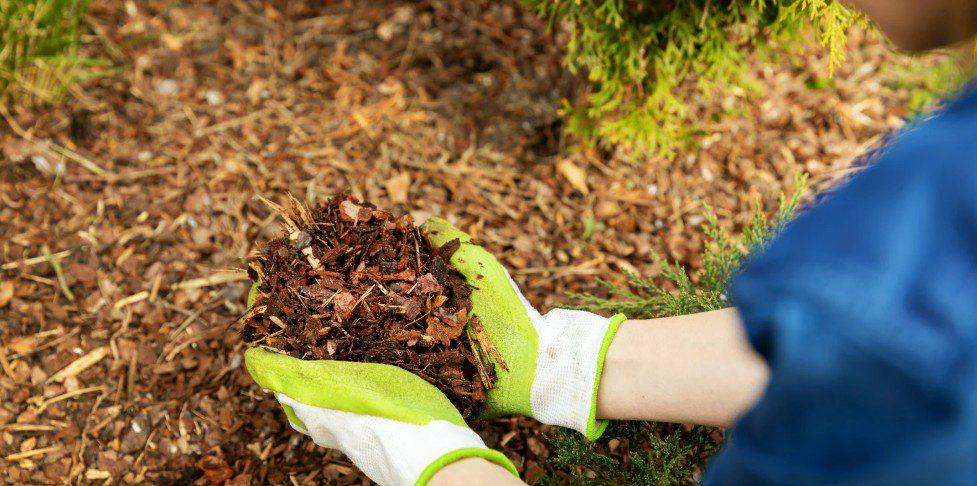
We often think of mulch as a spring or summer landscaping tool, but its role in winter is just as important. Mulch acts as a blanket, protecting your soil and plants from the damaging effects of freezing temperatures, wind, and fluctuating moisture levels.
Key Benefits of Winter Mulching
- Prevents Soil Erosion: Heavy rains and snowmelt can strip away valuable topsoil. A protective layer of mulch holds everything in place.
- Regulates Soil Temperature: Mulch buffers soil from sudden temperature swings, preventing freeze-thaw cycles that damage root systems.
- Moisture Retention: Even in winter, plants need moisture. Mulch keeps soil from drying out during windstorms and cold spells.
- Weed Suppression: Helps keep weed seeds dormant until spring, reducing early growth that can stress young perennials and bulbs.
- Improved Soil Health: Organic mulch breaks down over time, enriching the soil with nutrients and boosting microbial activity.
Best Practices for Winter Mulching in Southeastern
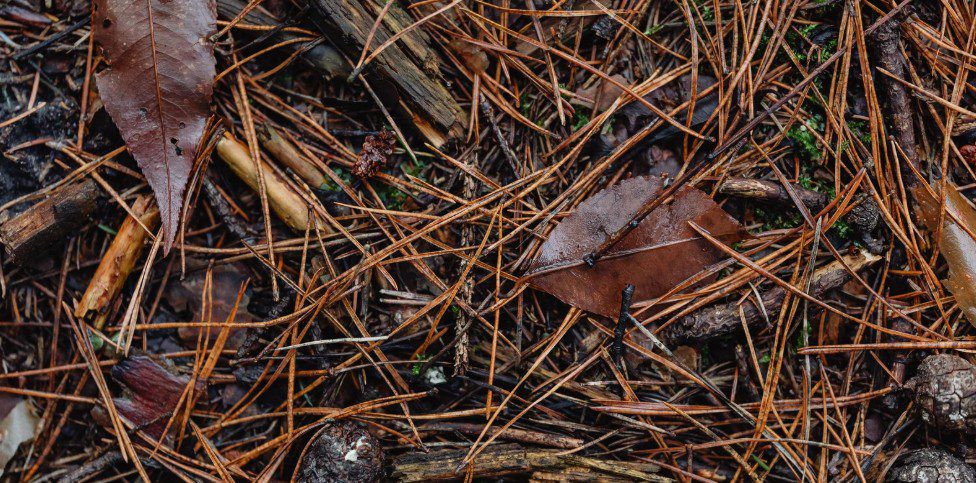
Choose the Right Mulch
Not all mulch is created equal. For winter purposes, stick with organic options like shredded hardwood, pine bark, leaf mold, or composted leaves. These materials decompose naturally, improving soil structure and fertility. Avoid synthetic or decorative mulches like rubber, which do little to protect roots from temperature shifts.
Time It Right
Apply mulch in late fall, ideally after the first frost but before the ground freezes solid. This timing locks in existing soil warmth and protects roots from cold damage. Waiting too long can reduce the mulch’s effectiveness, especially if snow or ice has already covered the ground.
Apply Correctly
A 2-4 inch layer is ideal. Too little won’t insulate properly, while too much can smother plant crowns or encourage rot. When mulching around trees and shrubs, keep mulch a few inches away from trunks or stems to prevent rot and rodent nesting.
Don’t Forget Perennials and Bulbs
Winter mulch is especially beneficial for newly planted perennials, flower bulbs, and shallow-rooted species. It protects them from heaving caused by freeze-thaw cycles and increases their survival rate over winter.
See the Difference
Side-by-side comparisons show that mulched beds retain structure, moisture, and temperature far better than unprotected beds. In the spring, these areas green up faster and are less prone to erosion and weed growth. Winter mulching is a simple step that pays off for months to come.
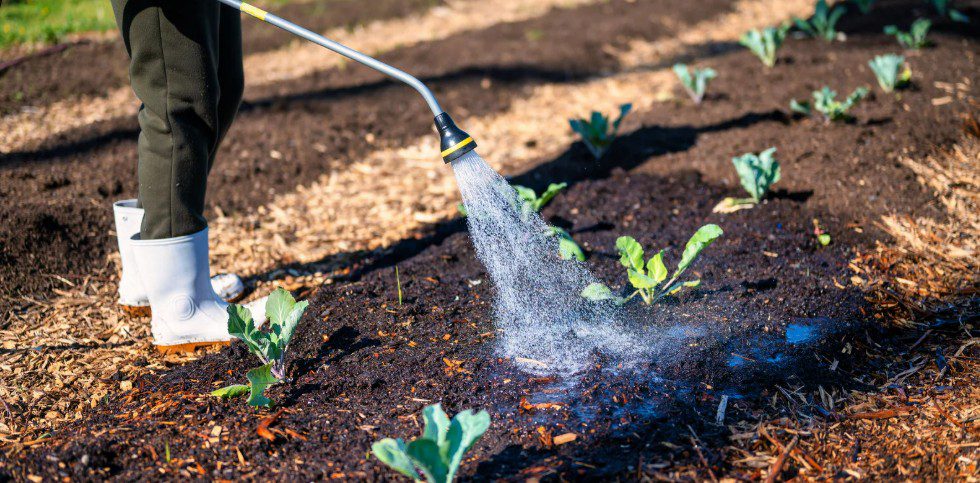
At Pickel Landscape Group, we provide expert mulching services tailored to your landscape’s needs throughout Chester County, Landenberg, and the surrounding areas. Whether you need a touch-up or a complete application, we’re here to help your property thrive through winter.
Want to protect your plants and soil this winter? Contact Pickel Landscape Group for expert mulching services today.

